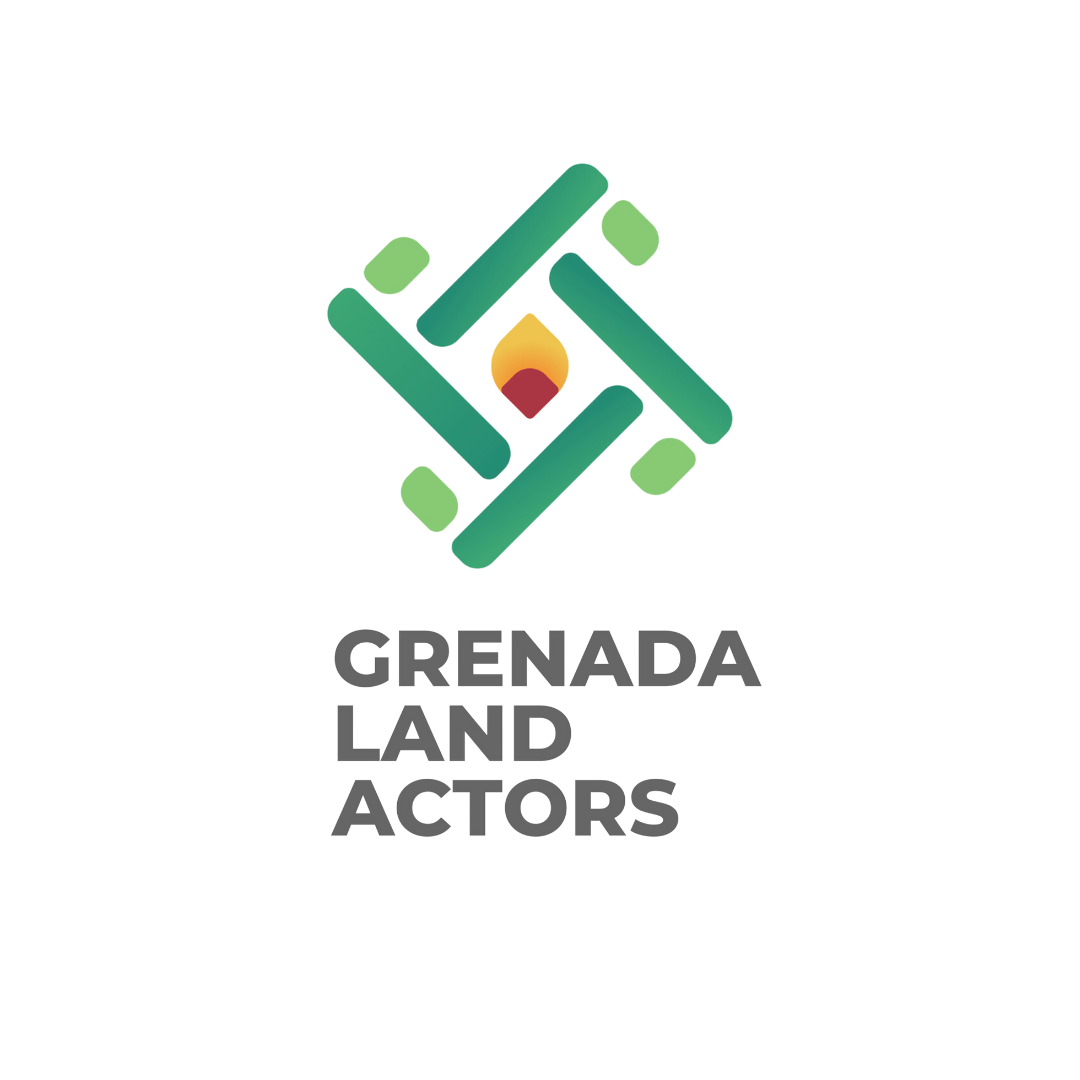Grenada is a constitutional democracy, meaning the Constitution is the highest authority in the land. The powers of government are separated into three pillars or “branches” to ensure democracy: the Legislature, the Executive, and the Judiciary, and the respective roles of each of these branches is outlined in the Constitution.
LEGISLATURE
This pillar of government is responsible for creating laws, as described below. In Grenada, this is done by the Houses of Parliament. Parliament consists of the King (head of state) represented by the Governor General, the Senate (Upper House), and the House of Representatives (Lower House).
EXECUTIVE
This pillar of government is responsible for carrying out and enforcing laws. In Grenada, this branch is led by the Prime Minister, who is appointed by the Governor General as representative of the King (head of state). Other actors of this branch include the Ministers (of Cabinet), Leader of the Opposition, and Parliamentary Secretaries.
JUDICIARY
This is the legal system, or the courts, responsible for interpreting the laws and ensuring they are applied fairly. There are several levels to Grenada’s judicial system, with the first level for less serious issues being the local Magistrates’ Court. The Eastern Caribbean Supreme Court comprises the High Court of Justice and the Court of Appeal. The final court of appeal is the Judicial Council of the Privy Council in the UK.
THE CONSTITUTION, LAWS, AND POLICIES
The Grenada Constitution is the cornerstone of Grenada’s legal system. As the highest law in the land, it sets the guidelines for how government is formed and should operate, the relationship between people and the state, and identifies the ideals of Grenada and the rights of its citizens. Basically, the Constitution is our overall operating manual.
The Constitution details and PROTECTS the following rights of Grenadians (pp. 6-7):
life, liberty, security of the person and the protection of the law
freedom of conscience and expression
freedom of assembly and association
protection for the privacy of his home and other property and from deprivation of property without compensation
the right to work
freedom of movement
right of access to justice for violation of their constitutional rights
Next are laws and policies. A law is a “legal rule regulated by an authority and enforced by the courts.” Specific laws can be made to govern every aspect of society, from land use planning to education to religious freedoms. A policy is another instrument that sets intentions and provides guidelines to shape decision-making, but is not legally binding or enforceable like a law.
HOW ARE LAWS MADE?
CLASSIFICATION OF LAW
PUBLIC VS PRIVATE: Public law concerns rules between individuals and the society they live in, which will involve the state e.g., criminal law, constitutional law, and administrative law. Private law concerns rules between individuals and compensates the victims, e.g., contract law, property law, labour law, and commercial law. Public affects other people, whereas private is so-called because the government is not involved.
CRIMINAL VS CIVIL: Criminal law deals with crimes that are offences against society, the public or the State, even if victim is an individual, e.g. murder or assault. Civil law deals with behaviour that affects an individual, e.g., defamation, property damage, or negligence. These two types of offenses are dealt with in different courts and have different rules for how case is decided, standards of proof, and punishment.
SUBSTANTIVE VS PROCEDURAL: Substantive law concerns the actual rights and obligations that are the subject of the law, whereas procedural law considers the procedures and methods for enforcing those rights. Procedural law includes court rules that apply to the hearing of a case such as rules of evidence, standing, jury selection, appeal, costs; access to legal advice and representation; and guarantee of a fair trial.
WHAT ABOUT ENVIRONMENTAL LAW?
Legal cases on environmental issues can be challenging because they often involve decisions made by government authorities under various pieces of legislation, i.e., there is no one law to enforce. Instead, these cases focus on the decision-making process, not on whether a particular decision is good or bad (administrative law). Rather than looking at whether the “right” decision was made, the court or Tribunal simply decides if there was power to make the decision and if the correct process was followed. This process is called judicial review, with a key example being GLA’s case. If a court finds that the decision was flawed, the matter will be sent back to the original decision-maker to reconsider. This article from Guyana explains well why judicial review is an important legal tool to keep public bodies and public servants (including those at the highest levels) accountable and transparent in their decision making.
The Gazette is an official publication of the Government of Grenada that reports on the actions and decisions of the government, including approved Acts that are being passed, government orders, notices and awards, public service vacancies, and more. Gazettes are published weekly and are freely available on the government website.


